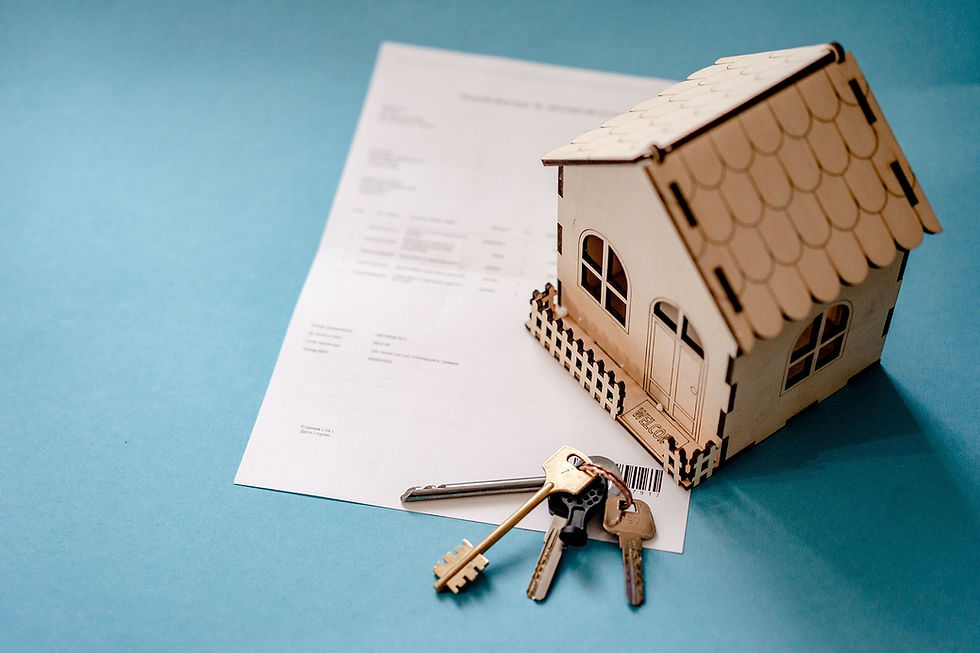Choosing Good Witnesses
- Natalie K. Boeckx

- Aug 20, 2024
- 3 min read
You have the opportunity to call witnesses and present evidence at most hearings. But how do you know who is a good witness for your case?
There are two main kinds of witnesses in family law matters, lay witnesses and experts. Lay witnesses are people who can testify about their personal observations but typically cannot share their opinions. Expert witnesses can share opinions based on their expertise but are required to author a report disclosing those opinions and the information they relied on to reach that opinion ahead of time. See C.R.C.P. 26.
Expert reports are typically due 56 days prior to hearing and rebuttal reports are due 35 days prior to hearing. Expert witnesses typically charge fees to conduct an investigation, author a report and testify in court. Such fees can range from a few hundred dollars to tens of thousands depending on the credentials of the witness.
Many people call family members and significant others as lay witnesses, but these individuals are often overly supportive and clearly biased. It is, however, important to call family or significant others if they have leant you money, to testify about financial support they are providing you (such as paying your attorney's fees) and authenticate promissory notes. Letters from family and friends are not typically admissible under the hearsay rules, witnesses need to appear in court and testify to be considered.
The best lay witnesses are typically those who have observed both parties (and the children) and have no reason to be biased, such as teachers, coaches, child care providers, etc. Eyewitnesses who observed material issues are also important.
If you are claiming domestic violence, individuals who witnessed the violence can be a helpful, such as roommates, friends or the police if they were called to the scene. Police reports are hearsay and typically inadmissible unless the officer who wrote them is available to testify or they are properly authenticated.
If you are addressing financial records, it is helpful to have a custodian of records testify about and authenticate statements. If you run your own business, your accountant or bookkeeper can be an important person to speak about the income and expenses associated with the business.
Therapists and doctors can become important witnesses as there is a hearsay exception for "statements for purposes of medical diagnosis or treatment." In other words, oftentimes doctors and therapists can testify about things a patient told them, although HIPAA-rights may be implicated. Professionals may also require an appearance fee at hearing as they cannot see other patients while they are testifying in court. Lay witnesses, on the other hand, usually only require payment for mileage necessary to travel to court.
In Colorado, you must typically disclose your witnesses 63 days in advance of hearing, filing a witness list with the court that includes the witness's name, address, phone number and a brief description of what they may testify to. Although you do not have to actually call everyone listed as a witness, you may be precluded from calling anyone not listed, so it is better to list anyone you think may have relevant information to your case.
You must subpoena any witnesses who do not agree to attend court voluntarily at least 48 hours prior to the hearing. A sheriff or private process server can deliver subpoenas to potential witnesses.
When considering who should be called as a witness in your case it is helpful to ask yourself the following questions:
Does this person have personal and/or professional knowledge that is helpful to my case?
Is this person credible or will they appear biased to the court?
What expense is involved in calling this witness?
How will calling this witness affect my relationship with them and others involved?
Are they available to appear or do I need to file a motion so they can appear virtually?
Do I have enough time to call these individuals as witnesses at hearing?
The main purpose of witnesses in family law cases are to provide testimony which supports your case and/or discredits the other party or to authenticate documents that would otherwise be considered hearsay.
In addition to full and unbundled representation, at Boeckx Law we also offer court counseling services and can help you in deciding who to call as a witness in your case and what questions to ask them. Call us today to get assistance on your case (720) 689-2885.






Comments